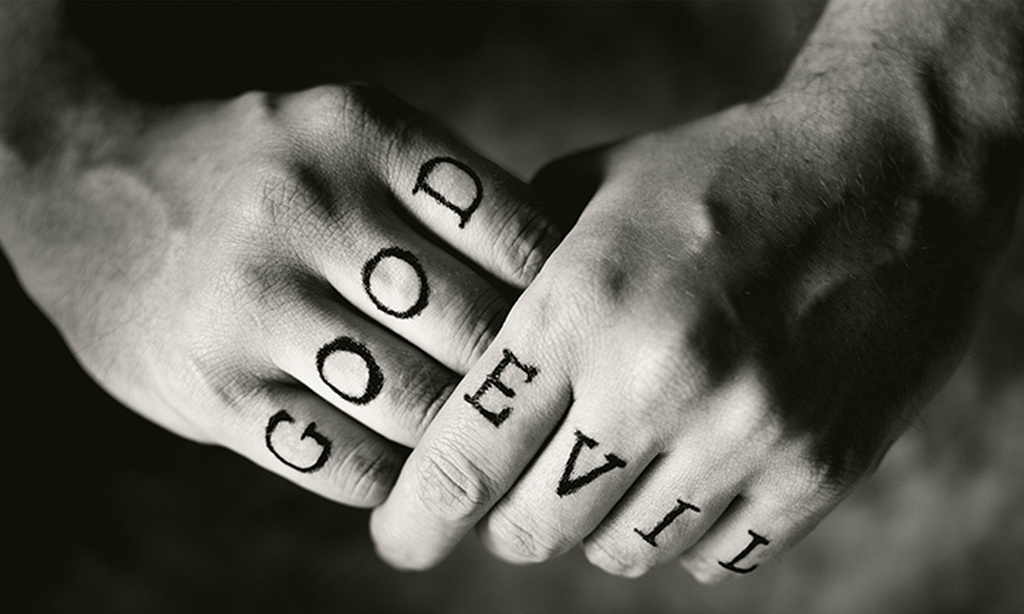
The Cultural War
The attempt to merge the two cultures is a futile one, because good and evil cannot be reconciled. Men may dream of merging good and evil, but they create by their efforts only a more radical and explosive division.

- R. J. Rushdoony
Years ago, I read the study by a medieval scholar of the great religious war of the ages, between the kingdom of God and the kingdom of man. The writer scornfully concluded that the two alien realms were merging instead of warring. The church was becoming more like the world than vice versa.
In our time, the problem is more serious. Unbelief is robbing the churches of their status as part of the kingdom of God. Too often the seemingly orthodox take a loose view of infallibility, six-day creation, the atonement, and more. They are often more hostile to the truths of orthodoxy than to the modernists.
The attempt to merge the two cultures is a futile one, however, because good and evil cannot be reconciled. Men may dream of merging good and evil, but they create by their efforts only a more radical and explosive division.
God is eternally God: he does not change. Moreover, God is not man's creature. He is the same yesterday, today, and forever. We cannot lessen nor alter the truth of God. Thus, we have more than a few men who may agree with God's law "up to a point" but want to make it useful by adapting it to our times. But God's word is not ours to amend with our "superior" wisdom.
We commonly hear ourselves better than we hear God, and we are much more in love with what we have to say than what God has said. After all, the essence of modernism is the belief that our experiences and our thinking far excel God's and, therefore, we must correct him and his word. Men make themselves God's editor in their arrogance! But ordination does not give man editorial supervision over God!
Years ago, as a student, I recall hearing a young ministerial student discuss his version of the future of the church. As he saw it, as the church better expressed the noblest of human thought, it would in time become the world's church. It would purify and best express man's best side and create a true heaven on earth.
Of course, he did not believe in original sin, but rather in natural goodness. This is the dividing line. The culture of fallen humanity affirms man's goodness, whereas the Bible tells us of man's depravity. The cultural war between the two permits no reconciliation of their premises.
R. J. Rushdoony, "Faith and Action," vol. 2, p 593-4.

- R. J. Rushdoony
Rev. R.J. Rushdoony (1916–2001), was a leading theologian, church/state expert, and author of numerous works on the application of Biblical law to society. He started the Chalcedon Foundation in 1965. His Institutes of Biblical Law (1973) began the contemporary theonomy movement which posits the validity of Biblical law as God’s standard of obedience for all. He therefore saw God’s law as the basis of the modern Christian response to the cultural decline, one he attributed to the church’s false view of God’s law being opposed to His grace. This broad Christian response he described as “Christian Reconstruction.” He is credited with igniting the modern Christian school and homeschooling movements in the mid to late 20th century. He also traveled extensively lecturing and serving as an expert witness in numerous court cases regarding religious liberty. Many ministry and educational efforts that continue today, took their philosophical and Biblical roots from his lectures and books.